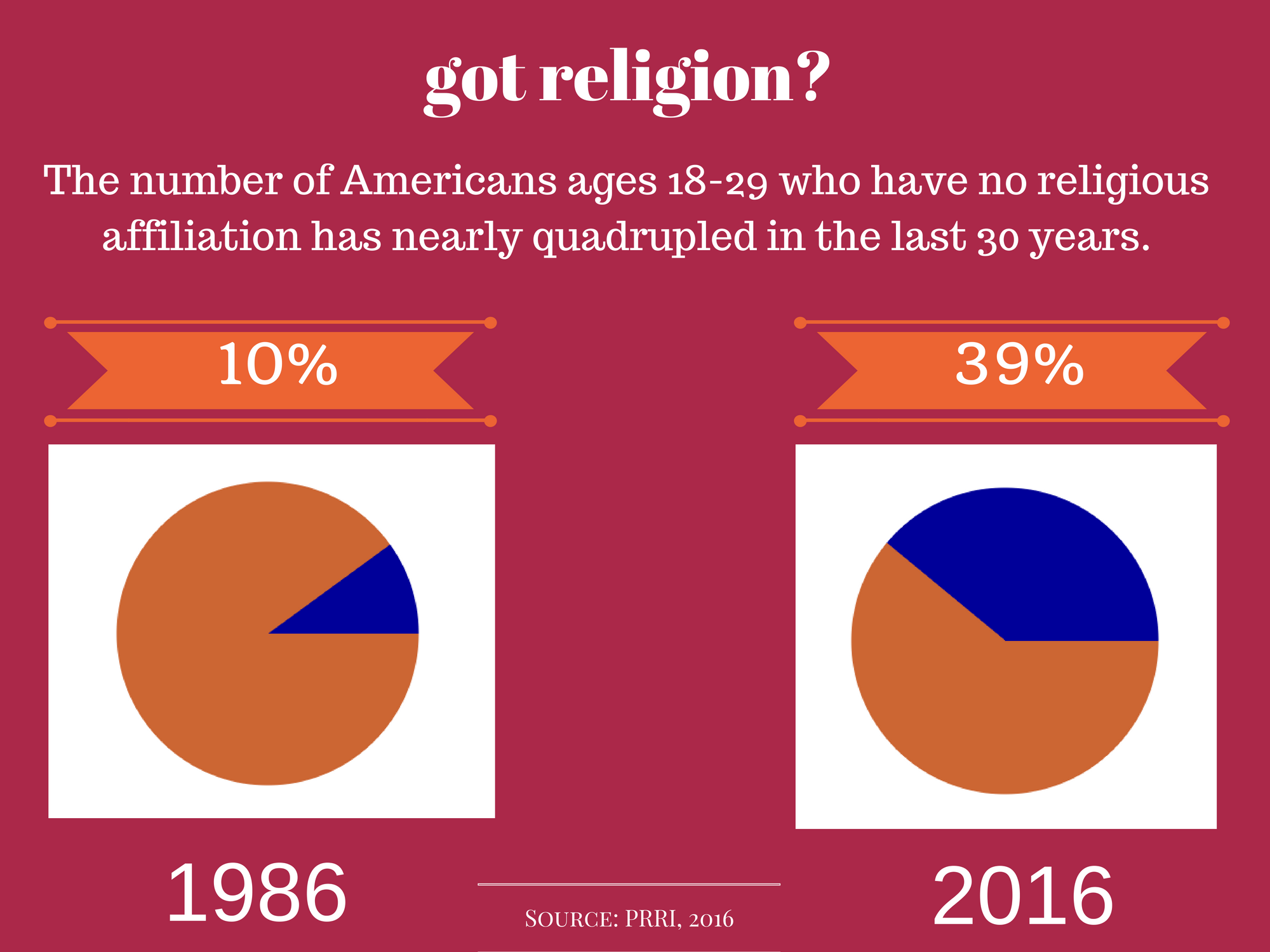Examine The Compelling Improvement Of Catholic Institutions And Their Noteworthy Influence On Education And Learning-- Might Their Traditions Unlock The Capacity For Future Understanding?
Examine The Compelling Improvement Of Catholic Institutions And Their Noteworthy Influence On Education And Learning-- Might Their Traditions Unlock The Capacity For Future Understanding?
Blog Article
Writer-Carr Howe
When you think about the background of education and learning, Catholic institutions attract attention for their deep-rooted practices and long lasting impact. These institutions started as a means to impart faith and values, however they have actually adapted remarkably over centuries. Today, they play an important duty fit not simply scholastic success but likewise moral integrity. What' Prep schools Near Lake Leelanau is just how they have actually managed to grow in the middle of transforming cultural landscapes, raising questions regarding their future relevance and effect.
The Origins of Catholic Education: A Historic Perspective
Catholic education and learning traces its origins back over 1,500 years, when very early Christian areas recognized the need for organized learning. You'll locate that these areas intended to pass on their confidence and values via education.
Monasteries and basilica colleges ended up being centers of understanding, nurturing both spiritual and intellectual development. As you dig much deeper, you'll see that the educational program commonly consisted of ideology, theology, and the liberal arts, designed to develop well-rounded individuals.
Over time, the Church established a lot more formal organizations, making certain that education stayed accessible to all. https://notes.io/wPuiZ to mentor ethical worths and promoting a feeling of community has continued with the centuries, forming the educational landscape and affecting numerous lives worldwide.
This enduring tradition remains to influence Catholic education today.
The Evolution of Catholic Colleges Through Cultural Contexts
As cultures progressed, so did the function of Catholic schools, adapting to the social contexts in which they existed. In the very early years, these establishments concentrated primarily on religious instruction, yet as areas diversified, they began to incorporate local languages, personalizeds, and academic needs.
You would certainly observe that Catholic colleges frequently became centers for social communication, promoting a sense of belonging among pupils from various backgrounds. In several regions, they resolved social concerns, such as hardship and discrimination, by giving easily accessible education and learning for all.
As you discover different cultures, you'll see how Catholic schools have actually moved their educational program and teaching approaches, reflecting the values and obstacles of their settings while holding to their foundational goal of confidence and scholastic quality.
The Modern Function and Effect of Catholic Schools in Culture
In today's world, Catholic schools play a vital role in shaping not simply the instructional landscape, yet also the broader area.
You'll find that these organizations highlight values like respect, empathy, and social justice, promoting well-shaped individuals that contribute favorably to society. By concentrating on scholastic excellence and ethical development, Catholic institutions prepare trainees for future challenges, nurturing critical thinking and leadership abilities.
They usually offer varied populations, bridging spaces in access to high quality education. Additionally, you may discover their commitment to service, encouraging pupils to participate in area outreach and volunteer job.
This mix of education and learning and ethical guidance makes Catholic schools a significant pressure, cultivating liable residents that can impact their communities right.
Final thought
To conclude, Catholic institutions have a rich history that's formed their long-lasting influence on culture. You have actually seen exactly how they have actually adjusted to different cultural contexts while keeping a commitment to confidence, worths, and scholastic excellence. Today, they continue to play an important function in cultivating community, promoting social justice, and nurturing accountable residents. As you review their heritage, it's clear that Catholic institutions stay a powerful force for positive change in the world.
